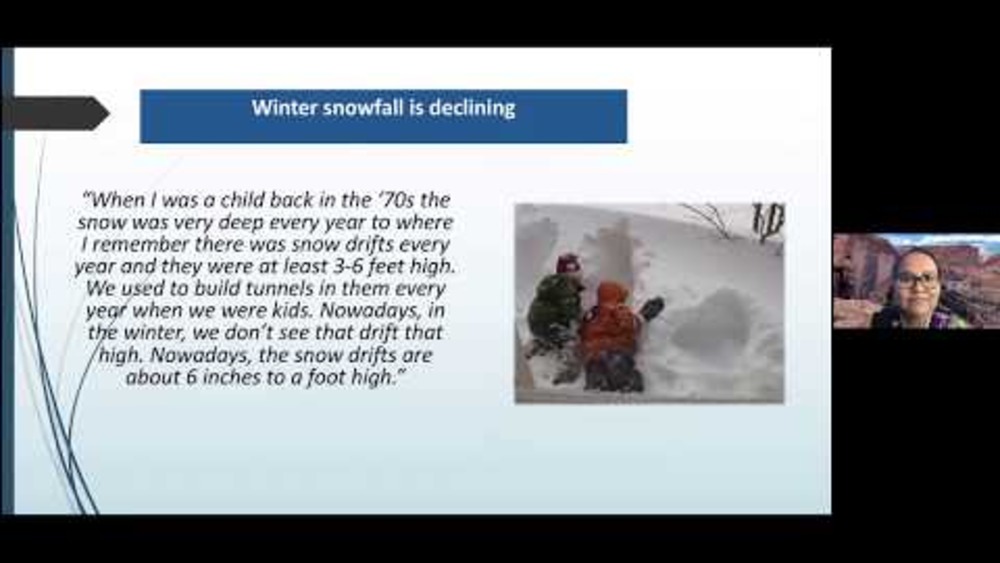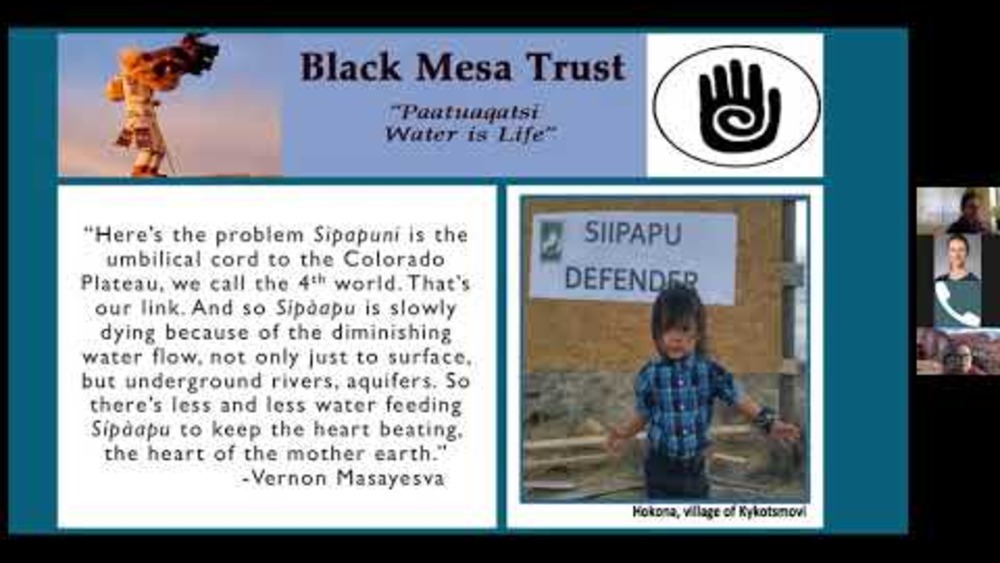Indigenous Governance Database
water resources
Thumbnail

Water in the Native World Webinar Series: Change Rippling through Our Waters and Culture
“Water in the Native World,” a special issue on tribal water research was just released by the Journal of Contemporary Water Research and Education. This is the second time, Dr. Karletta Chief, the PI of the Community Engagement Core of the University of Arizona Superfund Research Center (UA SRC)…
Thumbnail

Water in the Native World Webinar Series: A Confluence of Anticolonial Pathways for Indigenous Sacred Site Protection
“Water in the Native World,” a special issue on tribal water research was just released by the Journal of Contemporary Water Research and Education. This is the second time, Dr. Karletta Chief, the PI of the Community Engagement Core of the University of Arizona Superfund Research Center (UA SRC)…
